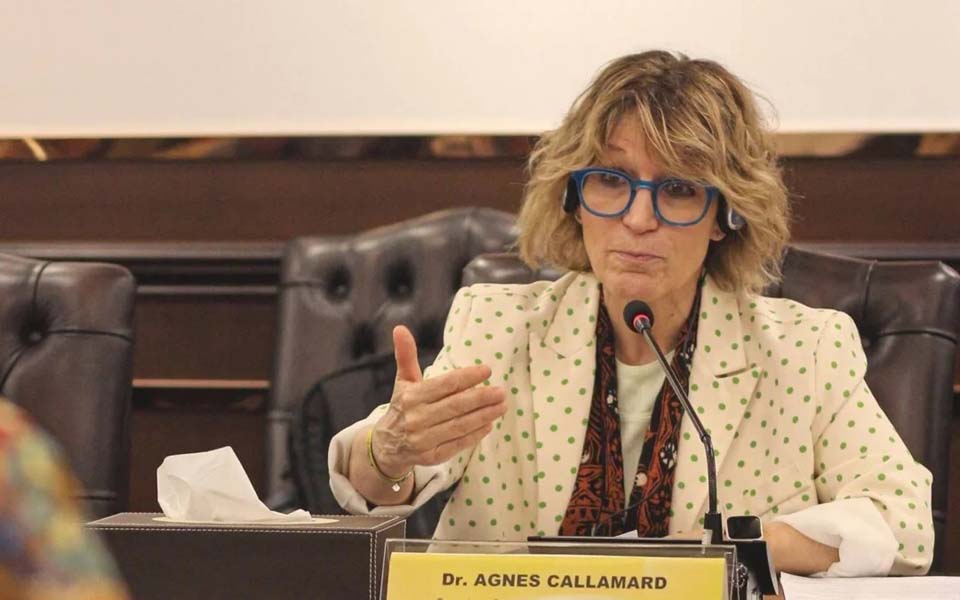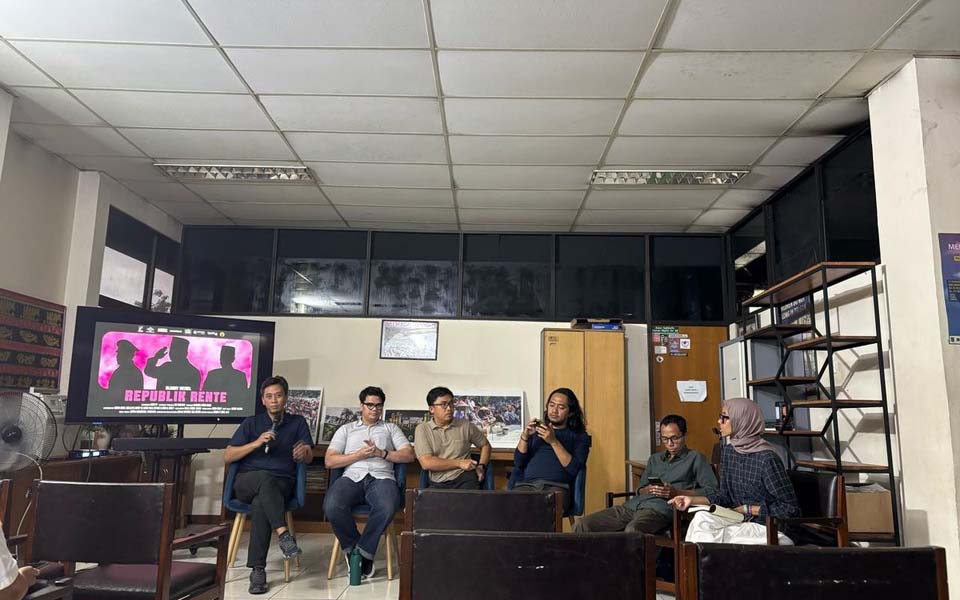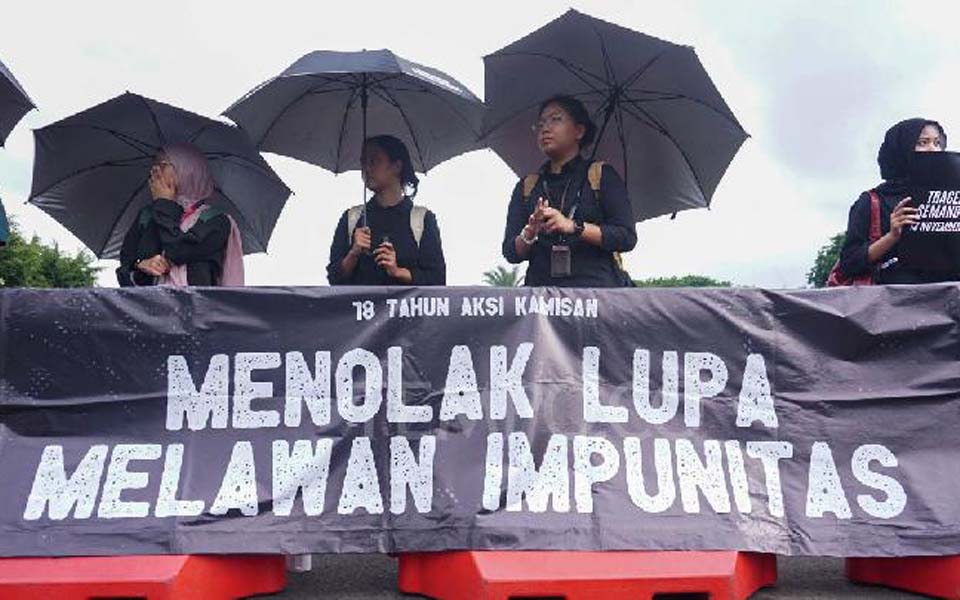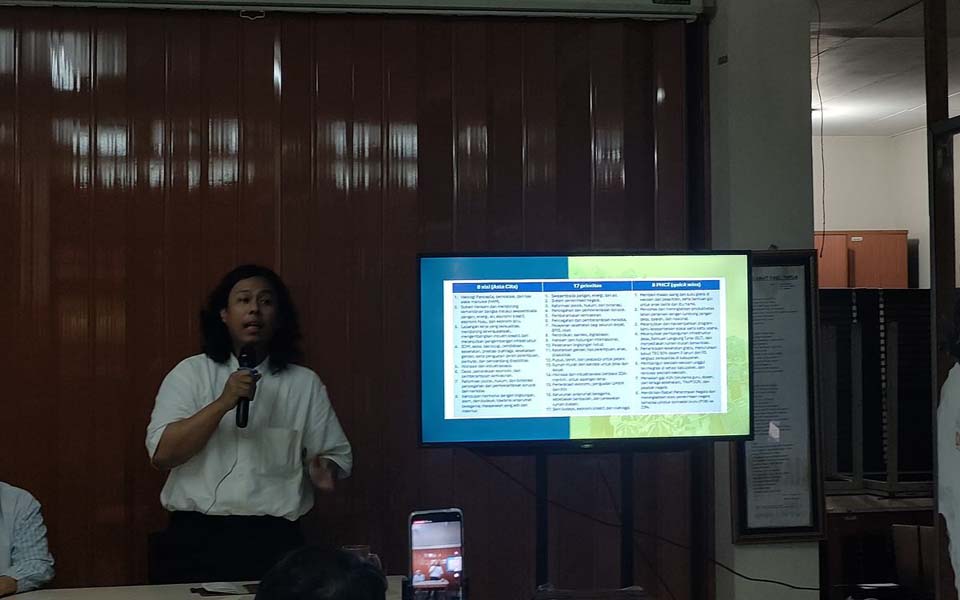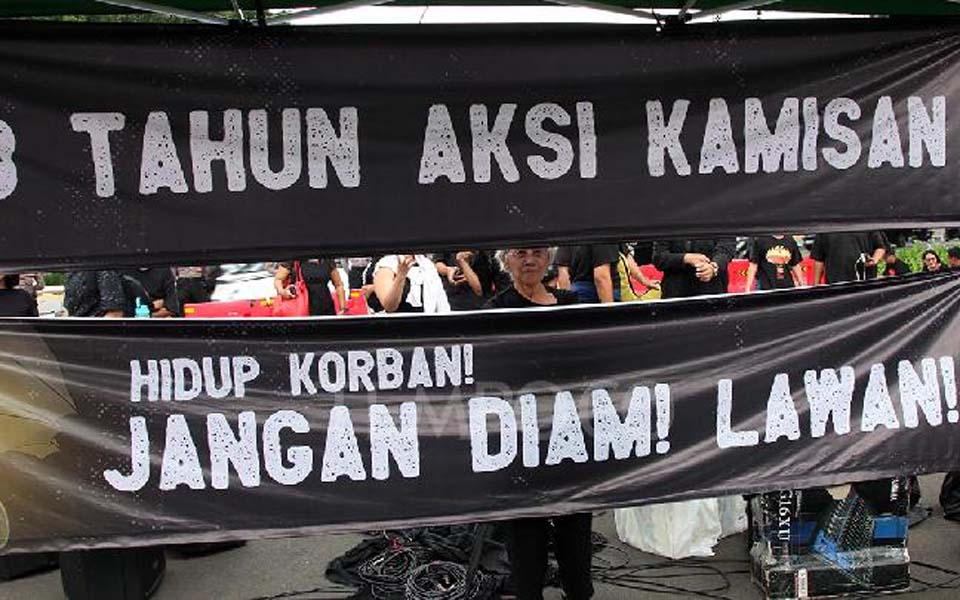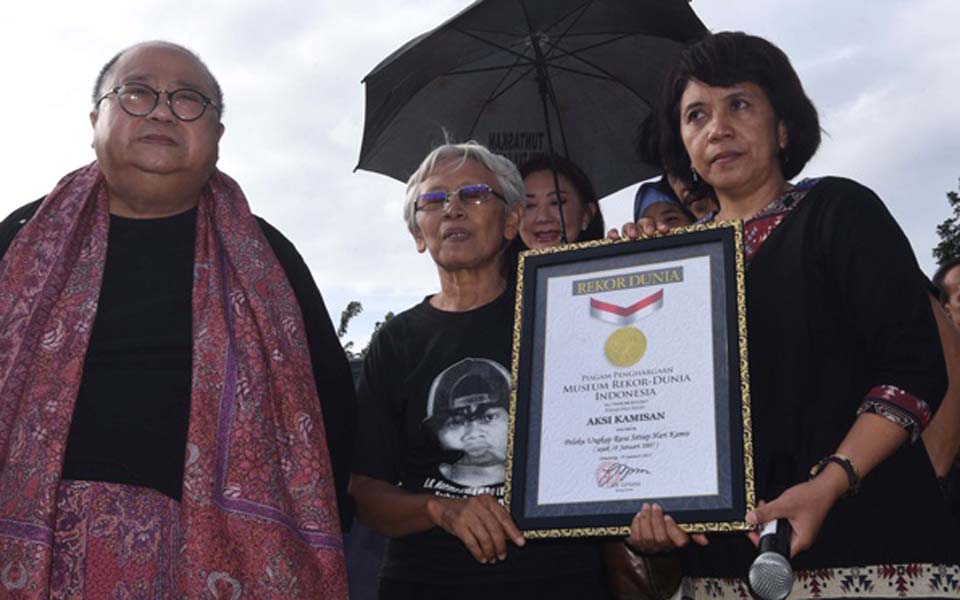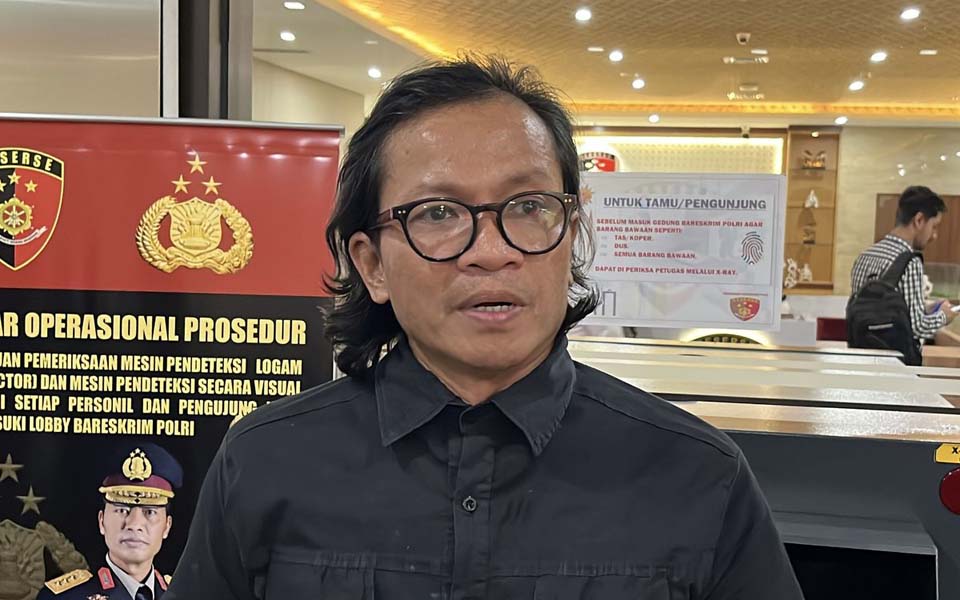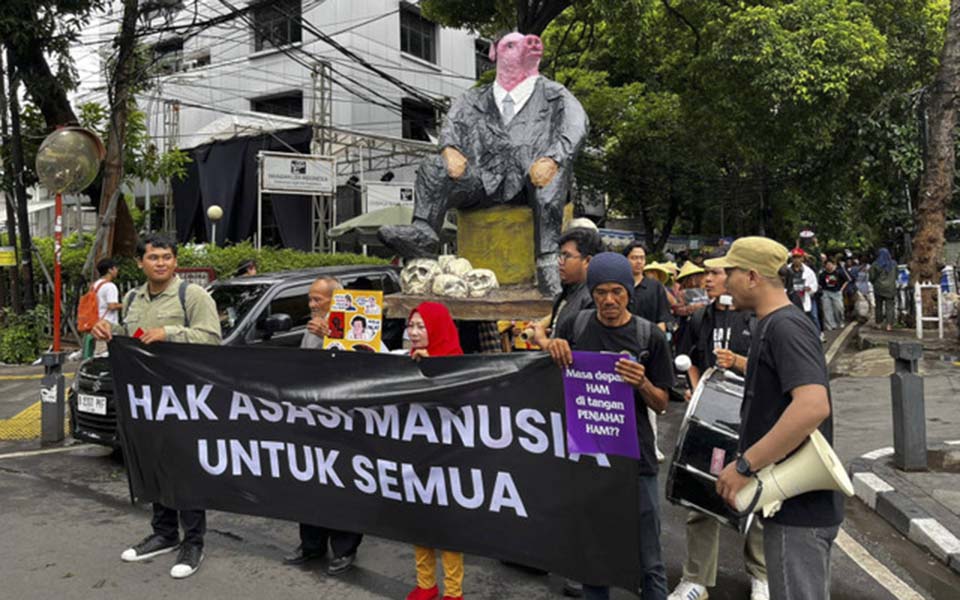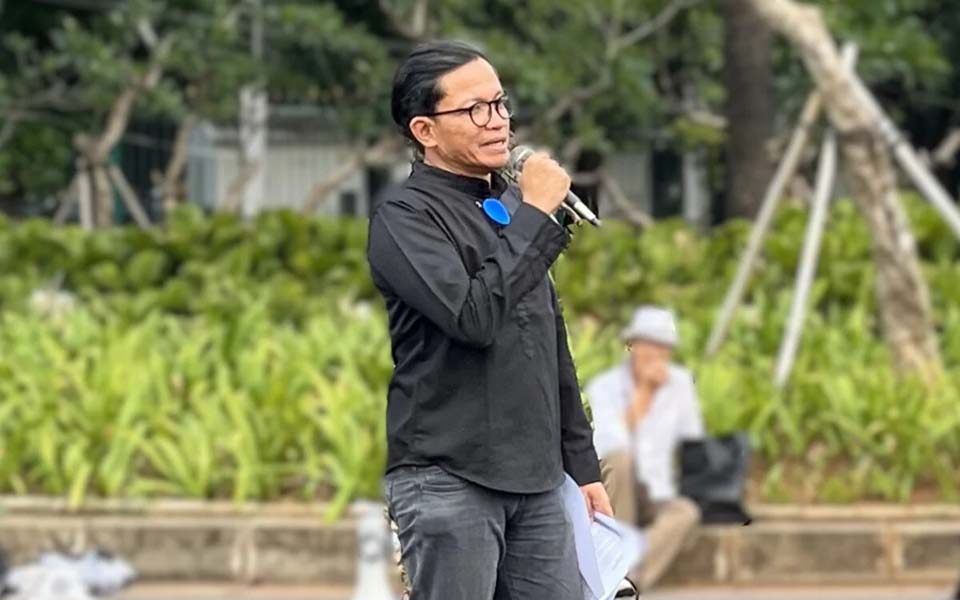Jakarta – President Susilo Bambang Yudhoyono is being asked to immediately issue a presidential regulation in accordance with a request by the 2004-2009 House of Representatives (DPR) to establish an ad hoc human rights court. Neglecting the human rights agenda will have an affect on the gloomy outlook for human rights in 2010.
“This is a mandate from the law, the DPR’s recommendation must be followed up with a presidential regulation. The president cannot not implement this recommendation”, said the former chair of the DPR’s special committee on the forced disappearances of activists in 1997-1998, Effendi Simbolon on Tuesday January 12.
Earlier, Indonesian Human Rights Watch (Imparsial) in its evaluation of human rights in 2009 underlined that existence of partiality in the upholding of human rights in Indonesia. “The state has failed to uphold human rights because it up until now has only been of a normative character”, said Imparsial Program Director Al Araf.
Concrete measures
Bhatara Ibnu Reza, in the capacity of Imparsial’s human rights research coordinator said that Yudhoyono failed to include the ad hoc human rights court as part of his administration’s 100 day program. “We are waiting and watching, the president should take concrete steps. Don’t just leave it until the DPR’s recommendation disappears just like that,” said Al Araf.
According to Simbolon, the ball is now in the president’s court. The National Human Rights Commission (Komnas HAM) has conducted investigations and forwarded the results to the Attorney General’s Office, and the AGO has asked for a political decision to go ahead and form an ad hoc human rights court.
In its 2009 end of year report, Imparsial said that in the handing of past human rights violations, the government had shown no political will to try the perpetrators. No human rights court was formed in 2009 or during the period of Yudhoyono’s first administration.
Imparsial also underlined the threat against human rights defenders in Indonesia, which has been quite significant throughout 2009. The criminalisation and the use of the threat of defamation by state as well as non-state actors is becoming a trend. “There were around 18 cases of violence against human rights defenders in 2009”, said Al Araf.
In 2010, human rights will be remain very much dependent upon efforts by the victims. Papua will continue to be a conflict prone region particularly if the government does not change its policies from a security approach to one of dialogue. (EDN)
[Translated by James Balowski.]






